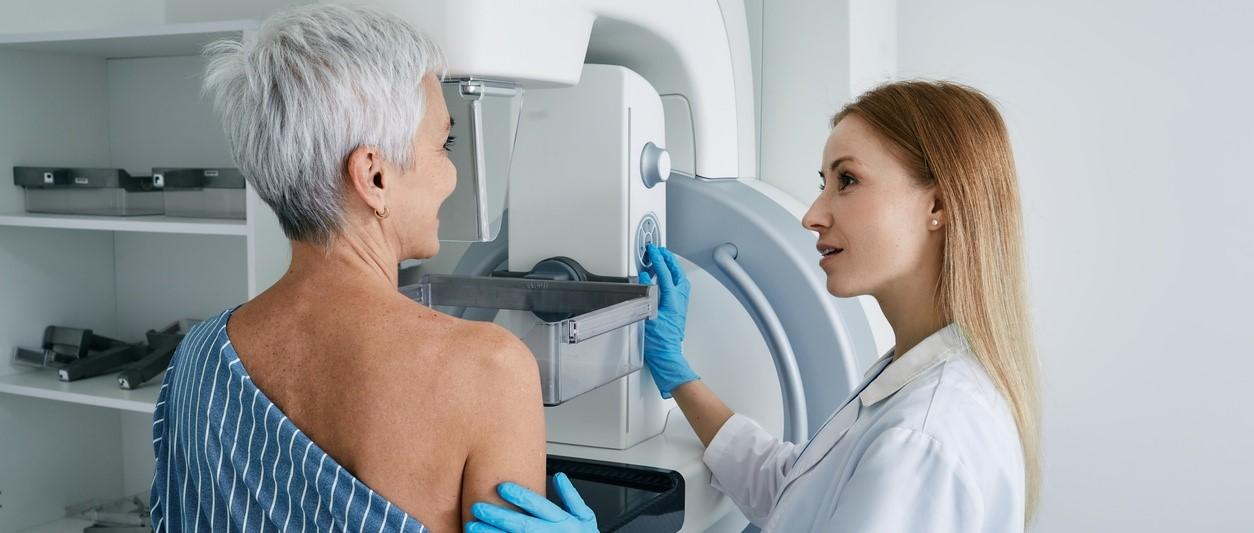Faecal immunochemical test
Faecal occult blood test
Peer reviewed by Dr Hayley Willacy, FRCGP Last updated by Dr Colin Tidy, MRCGPLast updated 14 Oct 2022
Meets Patient’s editorial guidelines
- DownloadDownload
- Share
In this series:Bowel cancerBowel cancer screeningSigmoidoscopyColonoscopyCT colonographyBowel polyps
The faecal immunochemical test helps to diagnose bleeding disorders of the gut (intestine).
In this article:
Continue reading below
What is a faecal immunochemical test?
The faecal immunochemical test detects small amounts of blood in your faeces, which you would not normally see or be aware of. Faeces are sometimes called stools or motions. It is the waste that you pass out from your back passage (anus).
Patient picks for Screening tests

About tests and investigations
Screenings you should have to help prevent health problems
As a nation, we're doing very well health-wise. In the last 50 years, average life expectancy has increased by almost 10 years in the UK. So today, the average man lives until 79 years old and the average woman to almost 83. A lot of that is down to improved treatments - for heart attack, stroke, cancer and more. But much of this good news is down to screening - which lets doctors pick up conditions early, when treatment is more likely to be effective.
by Dr Sarah Jarvis MBE, FRCGP

About tests and investigations
Amniocentesis
The most common reason for a pregnant woman to be offered amniocentesis is to see if a developing baby has a chromosomal disorder such as Down's syndrome.
by Dr Mary Harding, MRCGP
Why is the faecal immunochemical test done?
There are several disorders which may cause bleeding into the gut (intestine) - for example, gastric or duodenal ulcers, ulcerative colitis, bowel polyps and bowel (colorectal) cancer.
Any heavy bleeding into your gut would be obvious because your stools (faeces) would be bloody or a very black colour. However, sometimes there is only a trickle of blood. If you only have a small amount of blood in your stools then the stools look normal. However, the faecal immunochemical test will detect the blood. So, the test may be done if you have abdominal symptoms (tummy) such as persistent pain. It may also be done to screen for bowel cancer before any symptoms develop (see below).
Note: the faecal immunochemical test can only say that you are bleeding from somewhere in the gut. It cannot tell from which part. If the test is positive then further tests will be arranged to find the source of the bleeding - usually, endoscopy and/or colonoscopy.
Continue reading below
How is the faecal immunochemical test done?
A small sample of stool (faeces) is smeared on to a piece of card. You can obtain the stool sample from stool passed on to layers of toilet paper, into a clean disposable container, or on to a clean disposable glove. It is very important that the stool sample has not come into contact with the water in the toilet. The sample is then sent to a laboratory for testing.
If your test is part of the bowel screening programme, you will be sent a test kit with clear instructions and an envelope to send the sample (within a special test tube) to a laboratory for testing.
Usually faecal immunochemical tests are done on one stool sample. For the faecal immunochemical test, there are no dietary, drug, or dental procedure restrictions.
Screening for bowel cancer
Screening means looking for early signs of a particular disease in otherwise healthy people who do not have any symptoms and when treatment is likely to be curative. Bowel (colorectal) cancer screening aims to detect colorectal cancer at an early stage when there is a good chance that treatment will cure the cancer.
As colorectal cancer is much more common in older people, the decision has been made for people of a certain age to be invited to participate in the colorectal cancer screening programme. This involves testing three samples of your stools (faeces) for blood. The NHS Bowel Cancer Screening Programme has been introduced in the UK as follows:
In England, Wales and Northern Ireland, people aged 60-74 are routinely offered screening every two years.
In Scotland, people aged 50-74 are routinely offered screening every two years.
The first test kit should automatically arrive by post within a few weeks after you reach the age at which screening starts. After your first screening test, you will then be sent another invitation and screening kit every two years until you reach the maximum age.
A normal test result is reassuring, but it is a test to look for cancer in people who have no symptoms. If you do have any bowel symptoms, such as a change in bowel habit, persistent loose stools (diarrhoea), tummy (abdominal) pain or weight loss, do not wait for a screening test. Make an appointment to talk to your GP about it.
See the separate leaflet called Screening for Bowel (Colorectal) Cancer.
Editor’s note
Krishna Vakharia, 12th September 2023
The National Institute for Health and Care Excellence (NICE) has updated its guidance to use faecal immunochemical testing (FIT) to guide referral for suspected bowel cancer as an initial step prior to referral. This is because the evidence shows that offering the test in primary care can identify people who are most likely to have bowel cancer. These people can then be prioritised for referral to secondary care, while people who are less likely to have bowel cancer can avoid unnecessary investigations.
The test will be offered to all adults with:
An abdominal mass, or
A change in bowel habit, or
Iron-deficiency anaemia, or
Aged 40 and over with unexplained weight loss and abdominal pain, or
Aged under 50 with rectal bleeding and either unexplained abdominal pain or weight loss, or
Aged 50 and over with unexplained rectal bleeding, abdominal pain or weight loss, or
Aged 60 and over with anaemia even in the absence of iron deficiency.
Furthermore, FIT will be offered even if there has been a previous negative FIT result through the NHS bowel screening programme.
Importantly, people with a rectal mass, an unexplained anal mass or unexplained anal ulceration do not need to be offered FIT before referral is considered- this will avoid any delay in getting seen by a specialist.
If the FIT result is high- adults will be referred for a 2 week wait, suspected colorectal cancer appointment using the local suspected cancer referral pathways.
For those people who have not returned the sample or who have a low FIT result:
The doctor will discuss what symptoms to look out for and when to ask for help.
Referral should not be delayed if the doctor has a strong concern of cancer due to unexplained symptoms.
Further reading and references
- Bowel cancer screening: the facts; NHS Cancer Screening Programmes
- Suspected cancer: recognition and referral; NICE guideline (2015 - last updated April 2025)
- Brenner H, Tao S; Superior diagnostic performance of faecal immunochemical tests for haemoglobin in a head-to-head comparison with guaiac based faecal occult blood test among 2235 participants of screening colonoscopy. Eur J Cancer. 2013 Sep;49(14):3049-54. doi: 10.1016/j.ejca.2013.04.023. Epub 2013 May 22.
- Bowel screening; NICE CKS, May 2019 (UK access only)
- Pin-Vieito N, Puga M, Fernandez-de-Castro D, et al; Faecal immunochemical test outside colorectal cancer screening? World J Gastroenterol. 2021 Oct 14;27(38):6415-6429. doi: 10.3748/wjg.v27.i38.6415.
- Lange T, Randel KR, Schult AL, et al; Sigmoidoscopy and faecal occult blood test - a comparative screening trial. Tidsskr Nor Laegeforen. 2017 May 23;137(10):727-730. doi: 10.4045/tidsskr.16.1031. eCollection 2017 May.
- Holme O, Bretthauer M, Fretheim A, et al; Flexible sigmoidoscopy versus faecal occult blood testing for colorectal cancer screening in asymptomatic individuals. Cochrane Database Syst Rev. 2013 Oct 1;(9):CD009259. doi: 10.1002/14651858.CD009259.pub2.
- Faecal-Immunochemical-Test.co.uk
Article history
The information on this page is written and peer reviewed by qualified clinicians.
Next review due: 2 Oct 2027
14 Oct 2022 | Latest version

Ask, share, connect.
Browse discussions, ask questions, and share experiences across hundreds of health topics.

Feeling unwell?
Assess your symptoms online for free